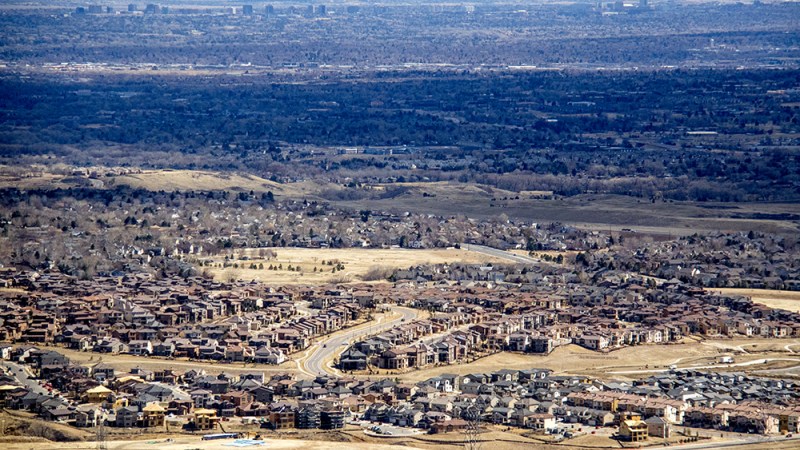
Colorado's temporary statewide ban on evictions expires at midnight Saturday, but Gov. Jared Polis issued an order hours before that deadline to effectively delay legal proceedings against tenants for another month.
Still, the new executive order signals that the governor won't prevent evictions much longer.
The moratorium was put in place in March amid the pandemic-related economic shutdown. It has provided temporary relief for laid-off renters, and financial worries for some landlords.
Starting Sunday, landlords can post notices that demand payment. That is the beginning of the eviction process, and it wasn't allowed under the now-expired eviction ban. However, with the governor's new order, tenants are allowed 30 days to catch up on rent. Normally, it's just 10 days once the notice is posted.
After that, some landlords can go to court. Renters will face the choice of fighting in court; moving out to protect their legal records; or waiting to be removed by sheriff's deputies.
Polis' order also allows landlords to start charging late fees again starting Sunday, but not for the period of May 1 to June 13.
Even with the statewide action, the rules on evictions aren't uniform across Colorado, or even in different buildings. Evictions are still banned until late July on properties that have federally backed mortgages. Renters can check their building's status at the Fannie Mae and Freddie Mac websites.
Also, various courts in Colorado are handling cases differently. Judges across the state can still decide whether and when to accept eviction cases. Each district's current orders are published online.
State officials will encourage — but not require — landlords to offer payment plans. Democrats in the state legislature tried but failed this week to extend the evictions ban with a new law.









